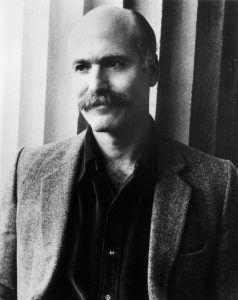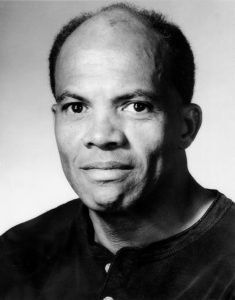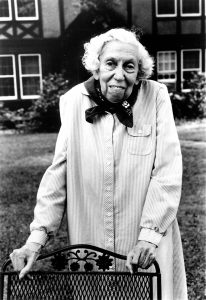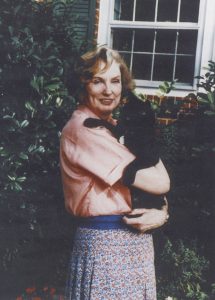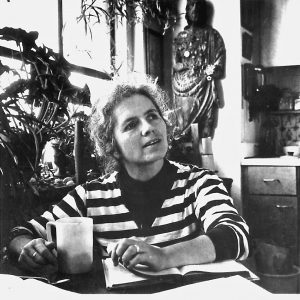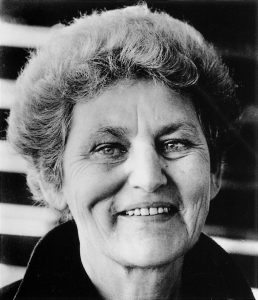
Richard Ford
Joyce Carol Oates
New York, N.Y. – The annual $30,000 Rea Award for the Short Story is awarded to JOHN UPDIKE. The Rea Award celebrates its 20th year as the most prestigious award exclusively for short story writing.
Michael M. Rea, a passionate reader and collector of short stories, founded the Rea Award for the Short Story in 1986 to be given annually to a living American or Canadian writer whose work has made a “significant contribution to the discipline of the short story as an art form”. The Rea award is unique in that it is not given for a specific book or for a body of work, but rather for artistic achievement, originality and influence on the genre. Mr. Rea, who traced his love of the short story back to his Irish roots noted, “The basic thrust of the award is to foster a literary cause, to ennoble the form, to give it prestige.” Michael M. Rea died in the summer of 1996. Sponsored by the Dungannon Foundation, the Rea Award continues under the direction of Elizabeth Richebourg Rea.
On April 11, 2007, Selected Shorts :A Celebration of the Short Story will honor Michael M. Rea and the 20th Anniversary of the Rea Award for the Short Story at Symphony Space in New York City. Participants include Ann Beattie, Richard Ford, Joyce Carol Oates, Cynthia Ozick, Grace Paley, Deborah Eisenberg, Tobias Wolff and John Updike. “Michael’s wish was to encourage the writing of the short story. That was his raison d’etre for founding this award 20 years ago,” said Elizabeth Rea. “John Updike’s prodigious output of powerful stories certainly is encouragement for every writer of short fiction. There was never an Updike book far from Michael’s reach: he collected First Editions; he would say that the short story form is unique in that you could read, in one sitting, a masterpiece of fiction. Updike’s win represents the award’s true meaning and Michael’s ultimate dream fulfilled.”
The jurors for this special year, previous winners of the award, Ann Beattie, Richard Ford and Joyce Carol Oates, have written the following citation:
How rarely it can be said of any of our great American writers that they have been equally gifted in both long and short forms of fiction. Contemplating John Updike’s monumental achievement in the short story, one is moved to think of Nathaniel Hawthorne, Henry James, Ernest Hemingway, and perhaps William Faulkner–writers whose reputations would be as considerable, or nearly, if their short stories had been all that they had written. From John Updike’s remarkable early story collections The Same Door (1959) and Pigeon Feathers (1962) through his beautifully nuanced stories of family life The Music School (1966), Museums and Women (1972), Problems and Other Stories (1979); from the sardonic, richly funny and unexpectedly tender tales of Henry Bech (Bech: A Book, 1970; Bech Is Back, 1982; Bech At Bay, 1998) to the bittersweet humors of middle-age and beyond of Trust Me (1987),The Afterlife (1994), and Licks Of Love (2000), John Updike has created a body of work in the notoriously difficult form of the short story to set beside those of these distinguished American predecessors. Congratulations and heartfelt thanks are due to John Updike for having brought such pleasure and such illumination to so many readers for so many years.
John Updike, whose novels and short stories have brilliantly chronicled the pleasures and frustrations of middle class life for five decades, was born in Shillington, Pennsylvania in 1932. His short stories are published frequently in The New Yorker and are often included in The Best American Short Stories and The O’Henry Prize Stories. In 1999, he edited and wrote the introduction for The Best American Short Stories of the Century. The Early Stories: 1953-1975 was published in 2003 and received the Pen/Faulkner Award for Fiction.
John Updike won the National Book Award for his novel, The Centaur, in 1963 and went on to win the National Book Critics Circle Award, the Pulitzer Prize and the American Book Award for Rabbit is Rich. He was awarded a second Pulitzer Prize and second National Book Critics Circle Award for Rabbit at Rest. He is one of the few people to have won both the National Medal of the Arts (1989) and the National Medal for the Humanities (2003).
In addition to the Rea Award for the Short Story, the Dungannon Foundation also sponsors the Rea Visiting Writers and Rea Visiting Lecturers programs at the University of Virginia and Selected Shorts: A Celebration of the Short Story at Symphony Space in New York City.
